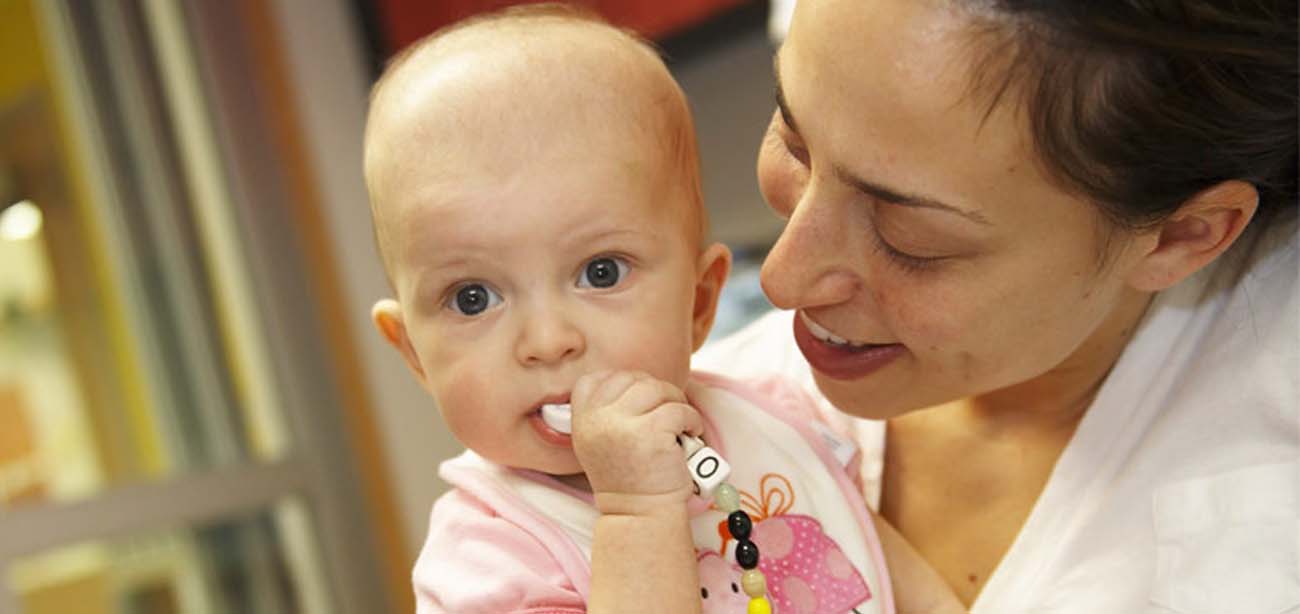Juvenile Myelomonocytic Leukemia (JMML) Treatment in Mumbai, India

What is Juvenile Myelomonocytic Leukemia (JMML)?
Juvenile myelomonocytic leukemia (JMML) is a rare cancer of the blood that affects young children. JMML happens when types of white blood cells called monocytes and myelocytes do not mature normally. JMML can happen spontaneously (by chance) or can be associated with other genetic disorders in some children.
Diagnosis
In addition to a complete medical history and physical examination, diagnostic procedures for juvenile myelomonocytic leukemia may include:
- Blood tests and physical examination
- Bone marrow aspiration and/or biopsy.
A procedure that involves taking a small amount of bone marrow fluid (aspiration) and/or solid bone marrow tissue (core biopsy), usually from the hip bones, to be examined for the number, size, and maturity of blood cells and/or abnormal cells.
- Genetic mutation testing.
Your child’s doctor may recommend testing of the bone marrow or blood for genetic changes associated with JMML. Some genetic changes are also associated with underlying conditions, such as Noonan and other syndromes.
Treatment
The only known successful treatment for JMML is bone marrow transplantation (hematopoietic stem cell transplantation). Children may also be treated with chemotherapy prior to a bone marrow transplant.
Schedule Your Consultation Now
Get expert Juvenile Myelomonocytic Leukemia (JMML) treatment in Mumbai, guided by Dr. Shweta Bansal's renowned expertise in pediatric hematology-oncology.
Pediatric Hematology
Copyright © Childhood Cancer Care | Dr. Shweta Bansal.